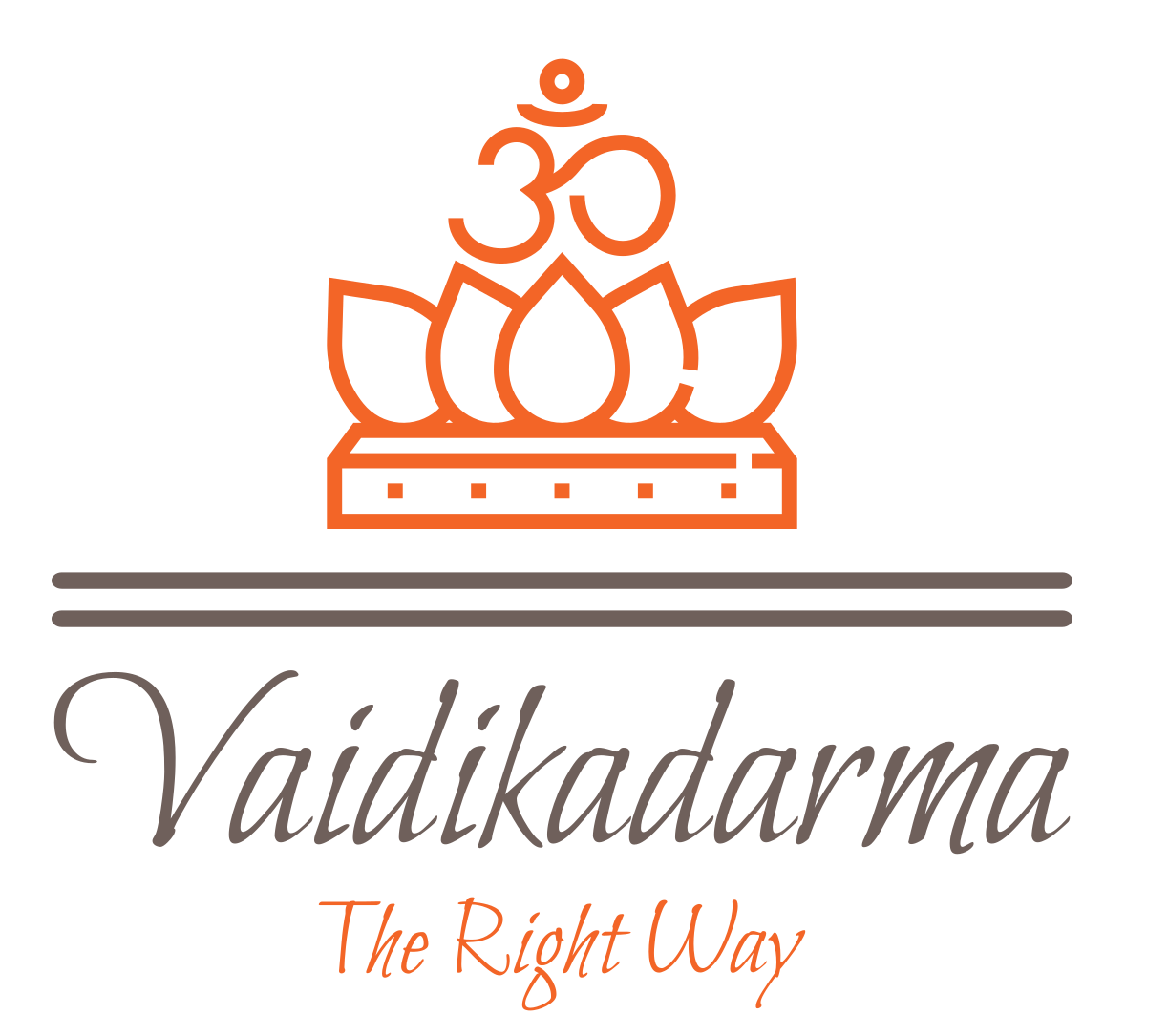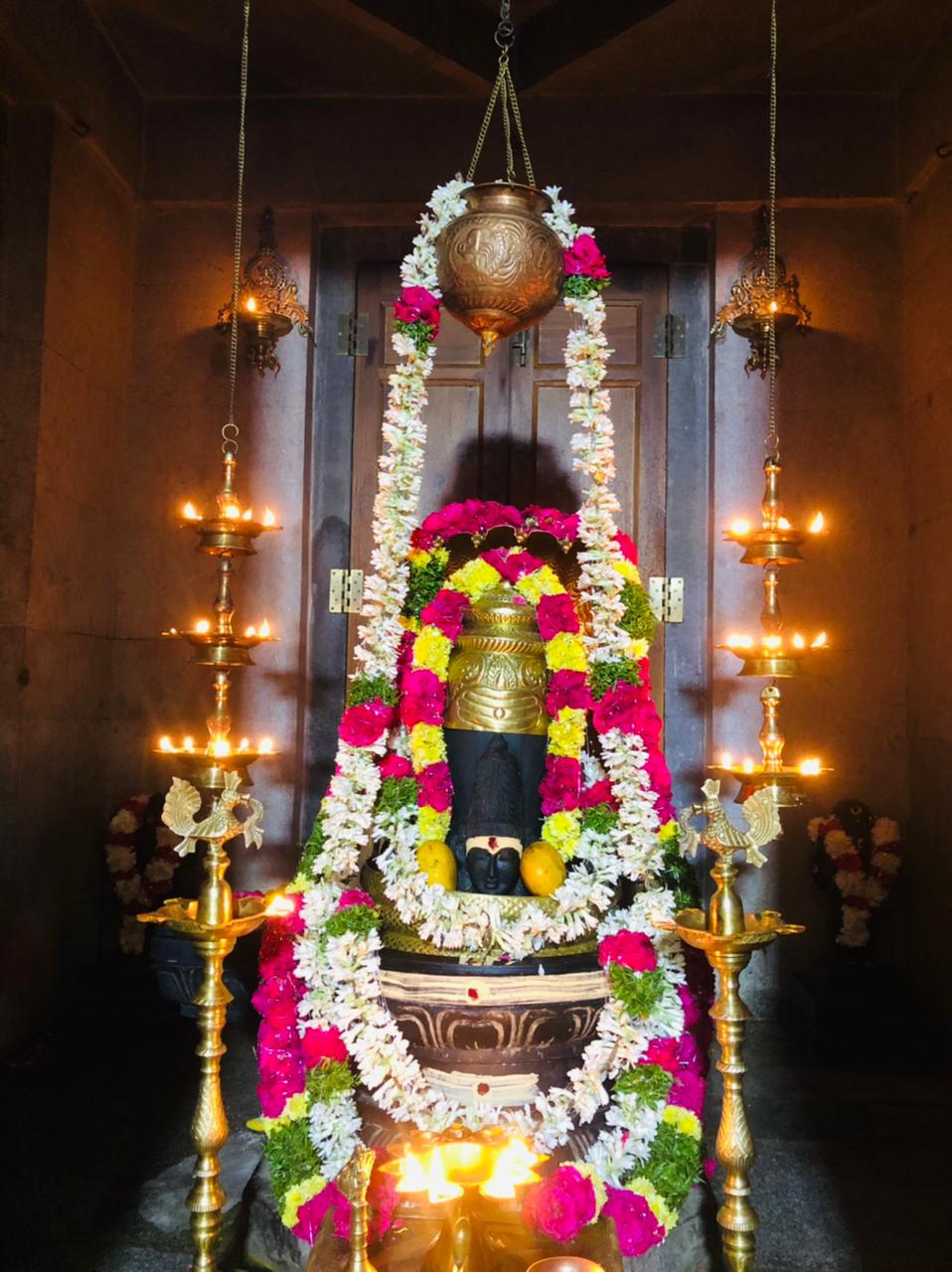SRI GURU GUHA PEETAM
VAIDIKADARMA
With Blessings of our Guru P Lakshmi Narasimha Murthy garu


Vivahamu (Wedding) is the sacred Hindu wedding ceremony that unites two individuals and their families in a lifelong bond. It is rich in rituals, including sacred fire offerings, exchanging vows, and tying the mangalsutra, symbolizing love, commitment, and harmony. Each ritual signifies spiritual and cultural values, seeking divine blessings for a prosperous and happy married life.


Engagements in Hindu rituals involve preparing a sacred space, offering items like flowers and fruits, chanting mantras, and sometimes observing fasts. These rituals are performed individually or with family to seek divine blessings, express gratitude, and foster spiritual and familial harmony

Vivahamu(Wedding) is the sacred Hindu wedding ceremony that unites two individuals and their families in a lifelong bond. It is rich in rituals, including sacred fire offerings, exchanging vows, and tying the mangalsutra, symbolizing love, commitment, and harmony. Each ritual signifies spiritual and cultural values, seeking divine blessings for a prosperous and happy married life

Shasti Purthi, or the 60th-year wedding ceremony, is a significant milestone in Hindu tradition, celebrated to honor a couple's journey of togetherness. This ritual marks the husband's completion of 60 years and is performed to seek blessings for health, prosperity, and continued marital harmony. Key ceremonies include renewal of wedding vows, homams, and seeking divine grace for a peaceful and fulfilling life ahead. It symbolizes gratitude, spiritual growth, and family unity.

Ugra Ratha Shanthi (performed at age 60) and Bheema Ratha Shanthi (performed at age 70) are significant Hindu rituals celebrating milestone years in an individual’s life. These ceremonies are conducted to seek divine blessings for good health, longevity, and spiritual growth. They involve poojas, homams, and family participation, symbolizing gratitude for a life well-lived and prayers for peace and prosperity in the years ahead.